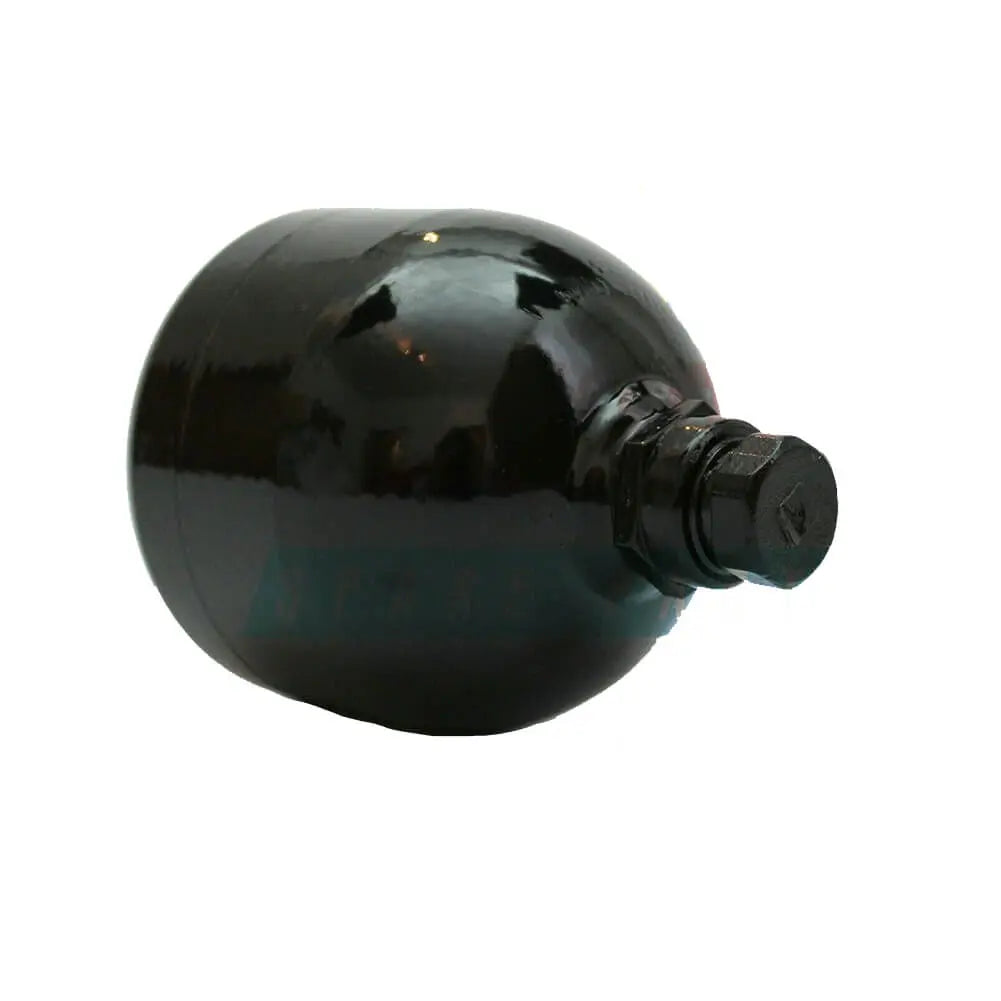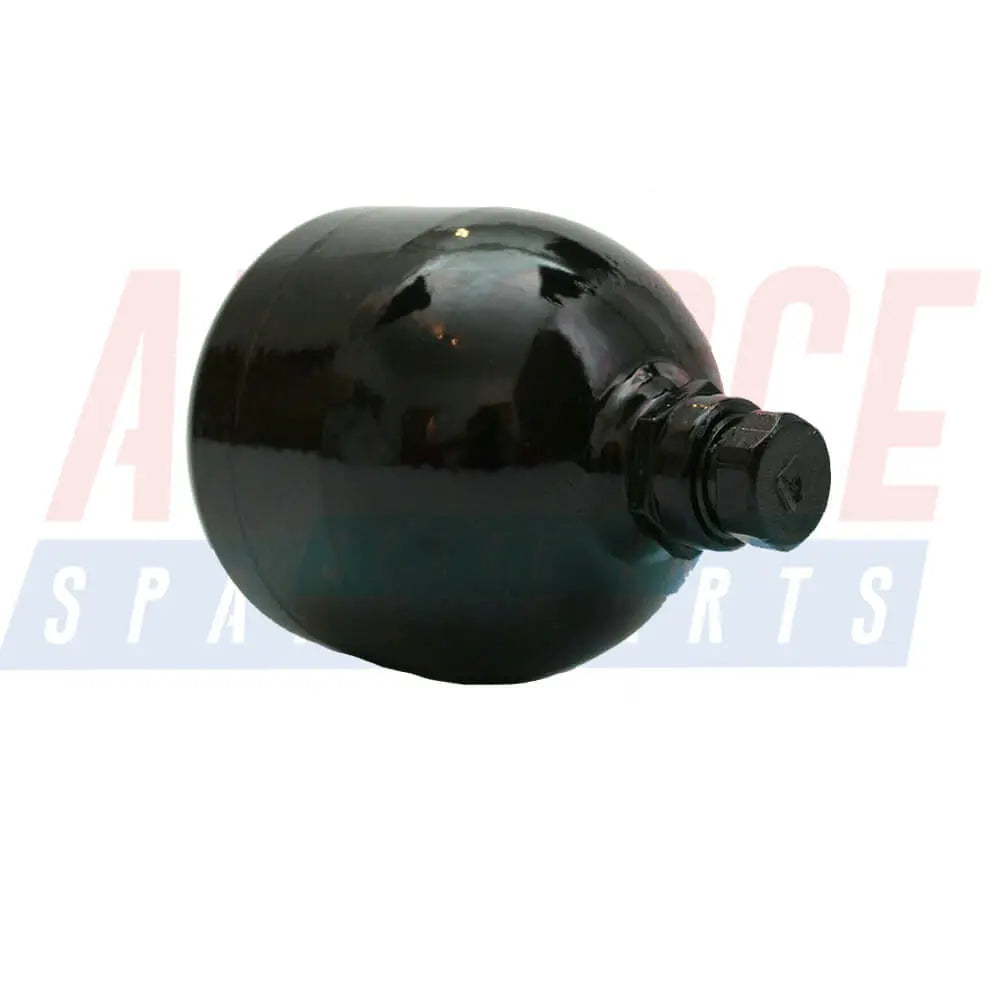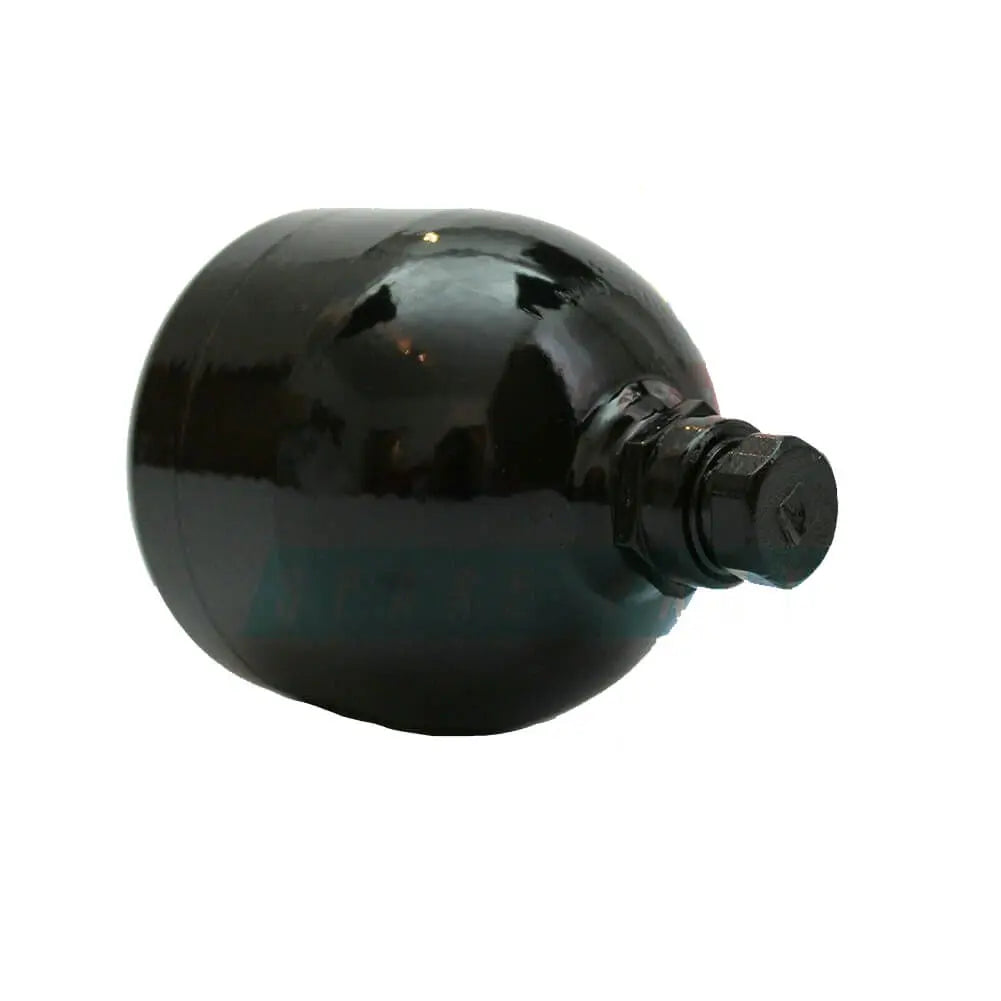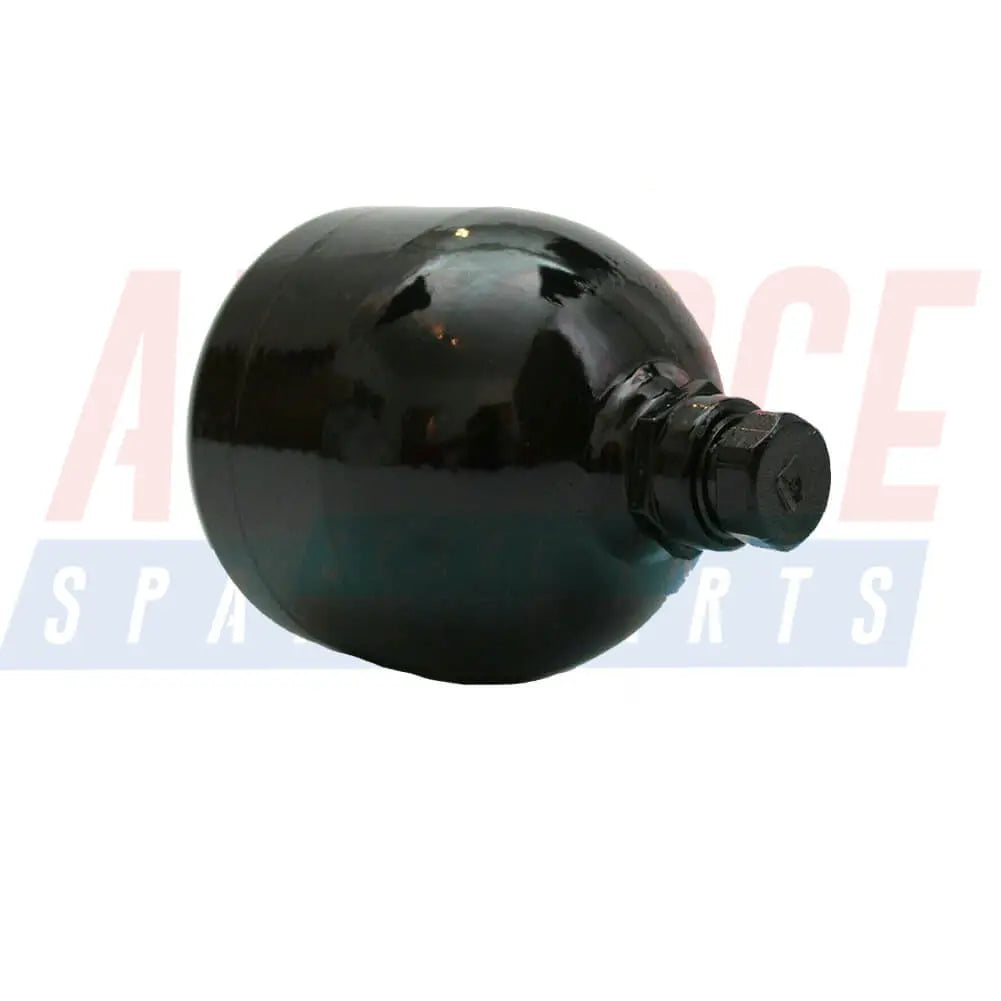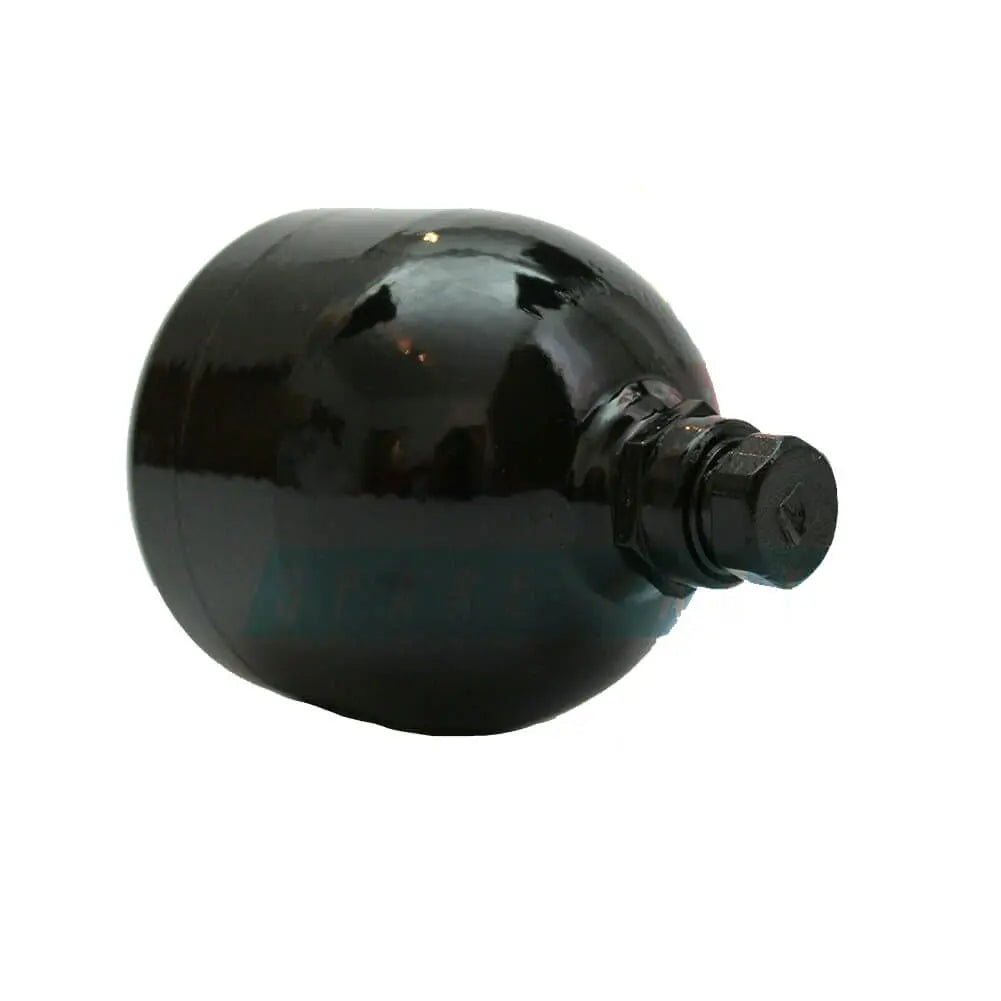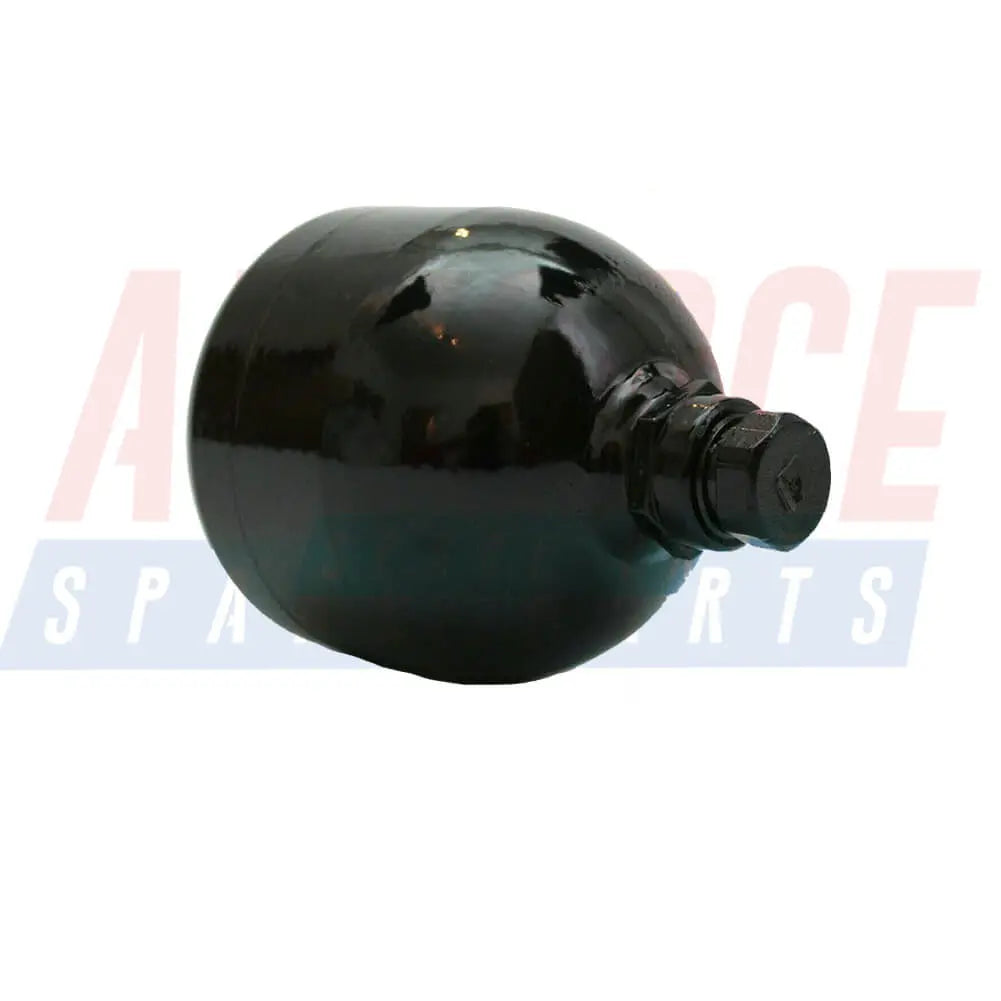Shop by Category
Hydraulic Valve Unit
7 products
Showing 1 - 7 of 7 products
Enhancing Automotive Performance: The Power of Hydraulic Valve Units
The evolution of automotive technology has revolutionized the driving experience, offering improved performance, safety, and efficiency. Among the many components responsible for these advancements, the hydraulic valve unit stands as a critical player in optimizing engine performance and ensuring smooth vehicle operation. This article delves into the fascinating world of hydraulic valve units, shedding light on their importance, functionality, and impact on overall automotive efficiency.Understanding Hydraulic Valve Units:
A hydraulic valve unit is a vital component within a car's engine system that controls the flow of hydraulic fluid to various engine components. These units regulate critical functions such as the timing and amount of fuel injection, the opening and closing of engine valves, and the overall combustion process. By precisely managing fluid flow, hydraulic valve units ensure optimal engine performance, power output, and fuel efficiency.Functionality and Benefits:
Hydraulic valve units operate based on the principle of fluid dynamics. They consist of a network of valves, solenoids, sensors, and electronic control units (ECUs) working together to achieve seamless communication and efficient operation. Here are some key functionalities and benefits of hydraulic valve units:1) Fuel Injection Control: Hydraulic valve units regulate the precise timing, duration, and amount of fuel injection into the engine cylinders. This control enables improved fuel efficiency, reduced emissions, and optimized power output, resulting in a more environmentally friendly and economical driving experience.
2) Valve Timing and Lift Control: By precisely controlling the opening and closing of engine valves, hydraulic valve units help optimize engine performance throughout the RPM range. Adjusting valve timing and lift based on driving conditions improves torque, horsepower, and overall responsiveness, enhancing both acceleration and fuel efficiency.
3) Combustion Process Optimization: The hydraulic valve unit plays a crucial role in ensuring efficient combustion by controlling the air-fuel mixture, spark timing, and exhaust gas recirculation (EGR). These parameters significantly impact engine efficiency, emissions, and power delivery.
4) Variable Valve Timing (VVT): Advanced hydraulic valve units incorporate VVT technology, which allows the timing and lift of engine valves to adapt to different driving conditions. VVT enhances low-end torque, high-end power, and overall engine flexibility, resulting in a smooth and dynamic driving experience.
5) System Integration and Diagnostics: Modern hydraulic valve units are seamlessly integrated with the vehicle's electronic systems, allowing real-time monitoring and diagnostics. This integration enables the identification of potential issues, such as valve wear or clogging, and facilitates timely maintenance, minimizing the risk of engine damage and optimizing reliability.
Future Developments:
As automotive technology continues to evolve, hydraulic valve units are poised to undergo further advancements. Some of the anticipated future developments include:1) Electrification and Hybridization: The emergence of hybrid and electric vehicles presents new opportunities for hydraulic valve unit technologies. Integration with electric drivetrains and hybrid powertrains could enable even more precise control over combustion processes, leading to enhanced efficiency and reduced emissions.
2) Smart Control and Machine Learning: Advancements in machine learning and artificial intelligence may allow hydraulic valve units to adapt and optimize engine performance based on real-time data. Smart control systems can continuously analyze driving conditions, driver behavior, and environmental factors to tailor valve operation for maximum efficiency and power delivery.
Hydraulic valve units represent a crucial component within modern automotive engines, playing a vital role in optimizing performance, fuel efficiency, and emissions. Through precise control of fuel injection, valve timing, and combustion processes, these units enable smoother, more powerful, and eco-friendly driving experiences. As automotive technology advances, further developments in hydraulic valve unit technology will continue to refine engine performance and pave the way for a cleaner and more efficient future on the road.
Showing 1 - 7 of 7 products
Display
View
Save £28.90
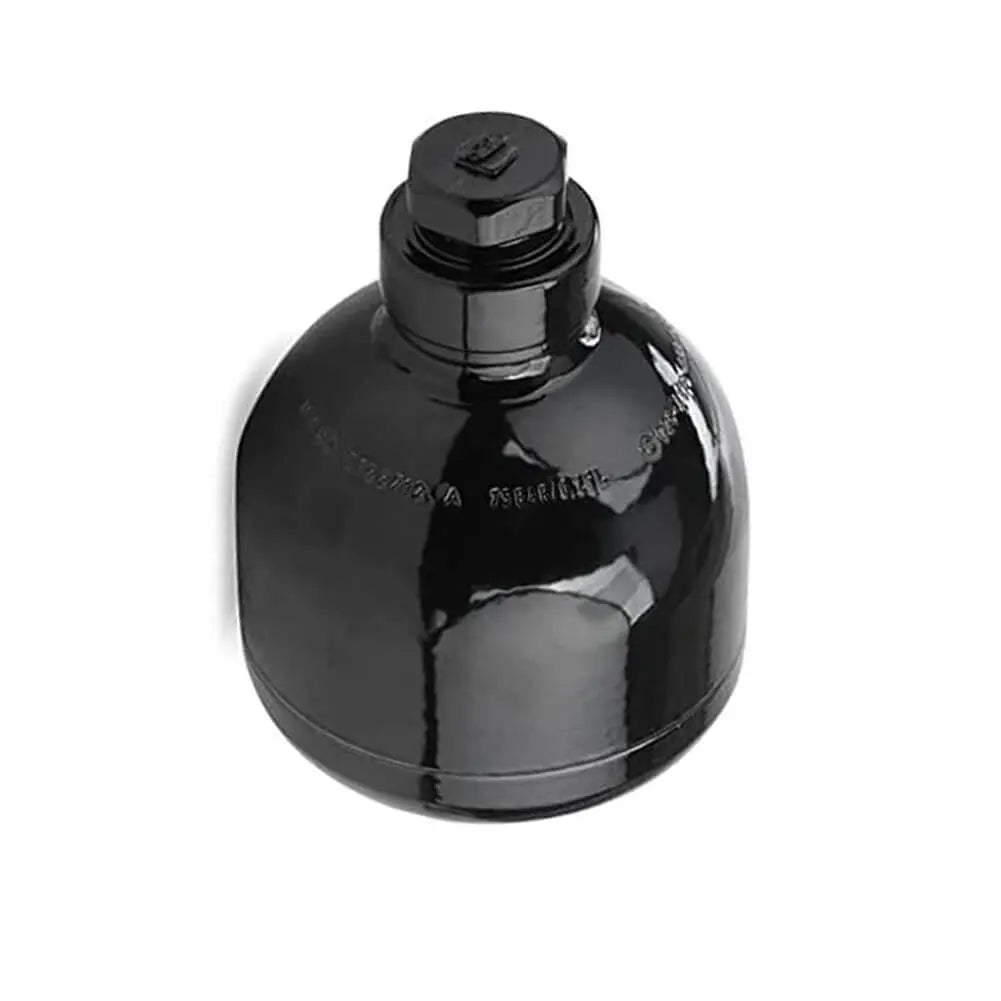
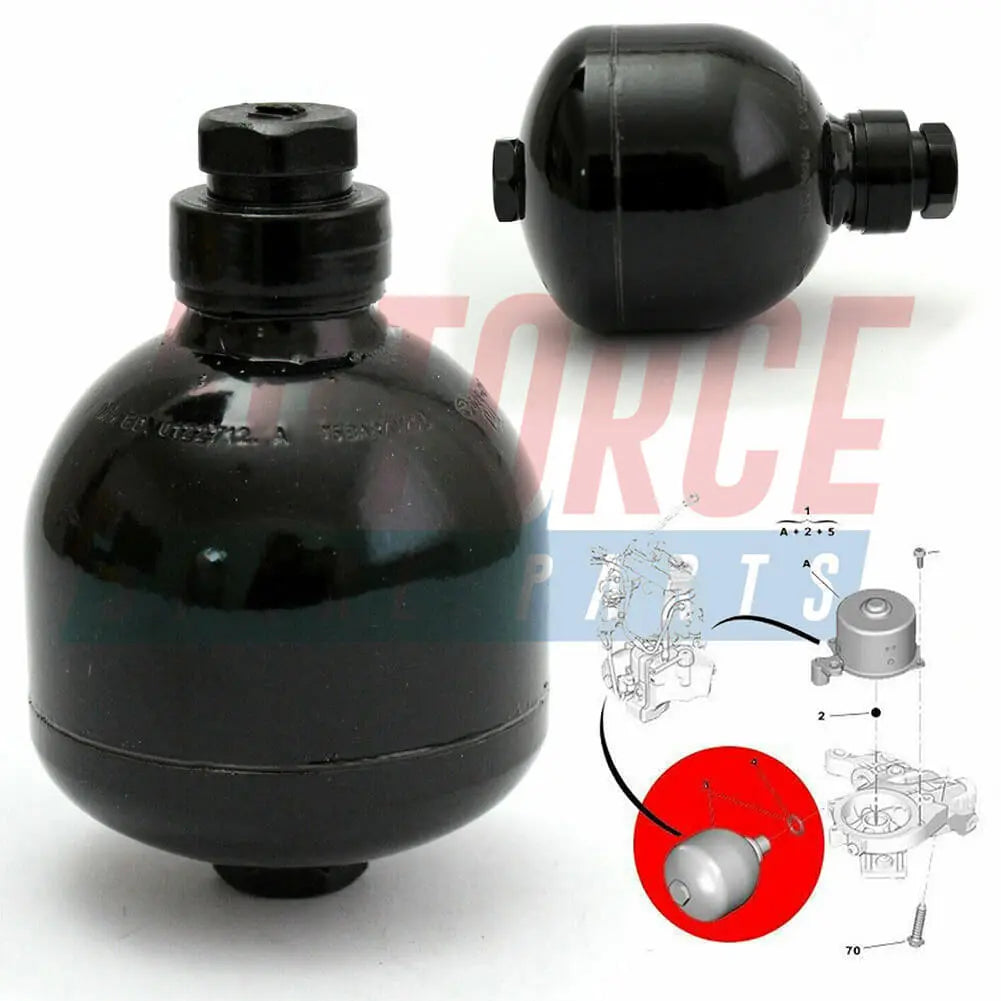
Actuator Oil Reservoir Accumulator For PEUGEOT 208 308 3008 5008 508 Partner - 71747998, 2461F2, 71775261
Sale price£159.00
Regular price£187.90
No reviews
Sold out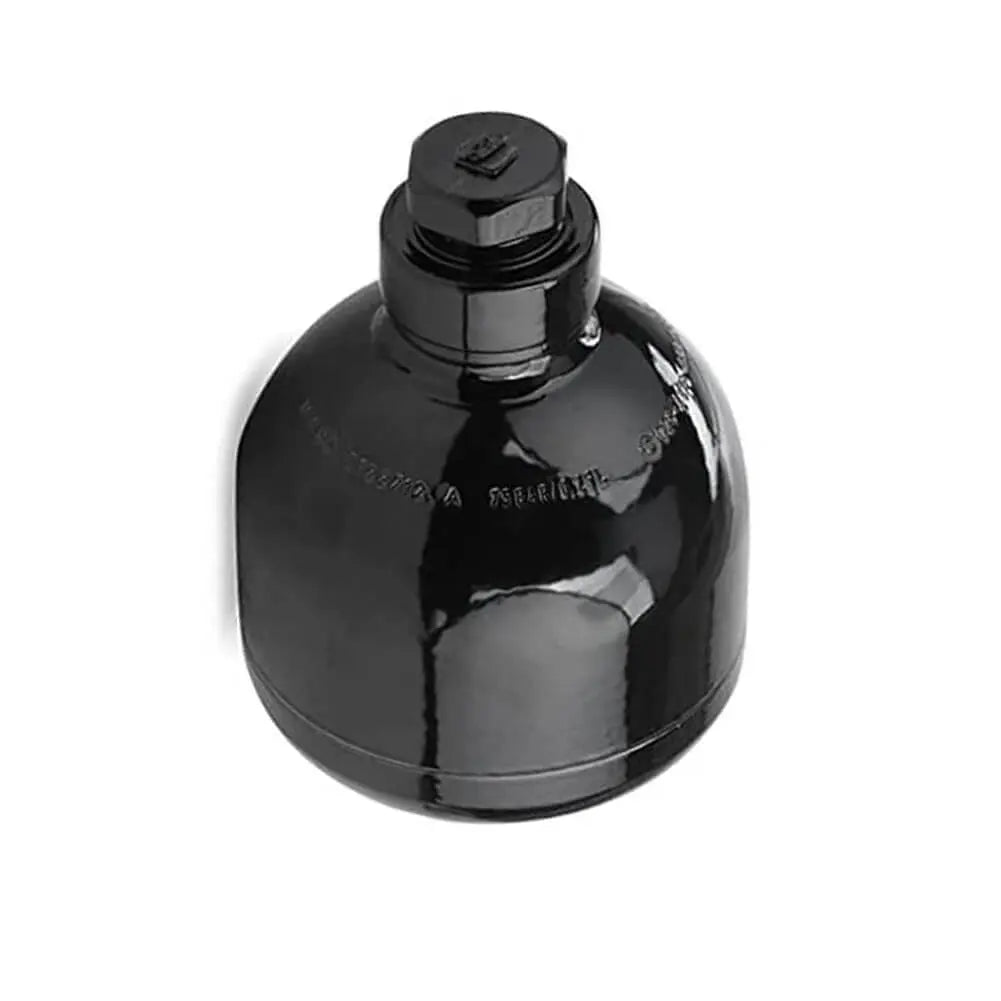
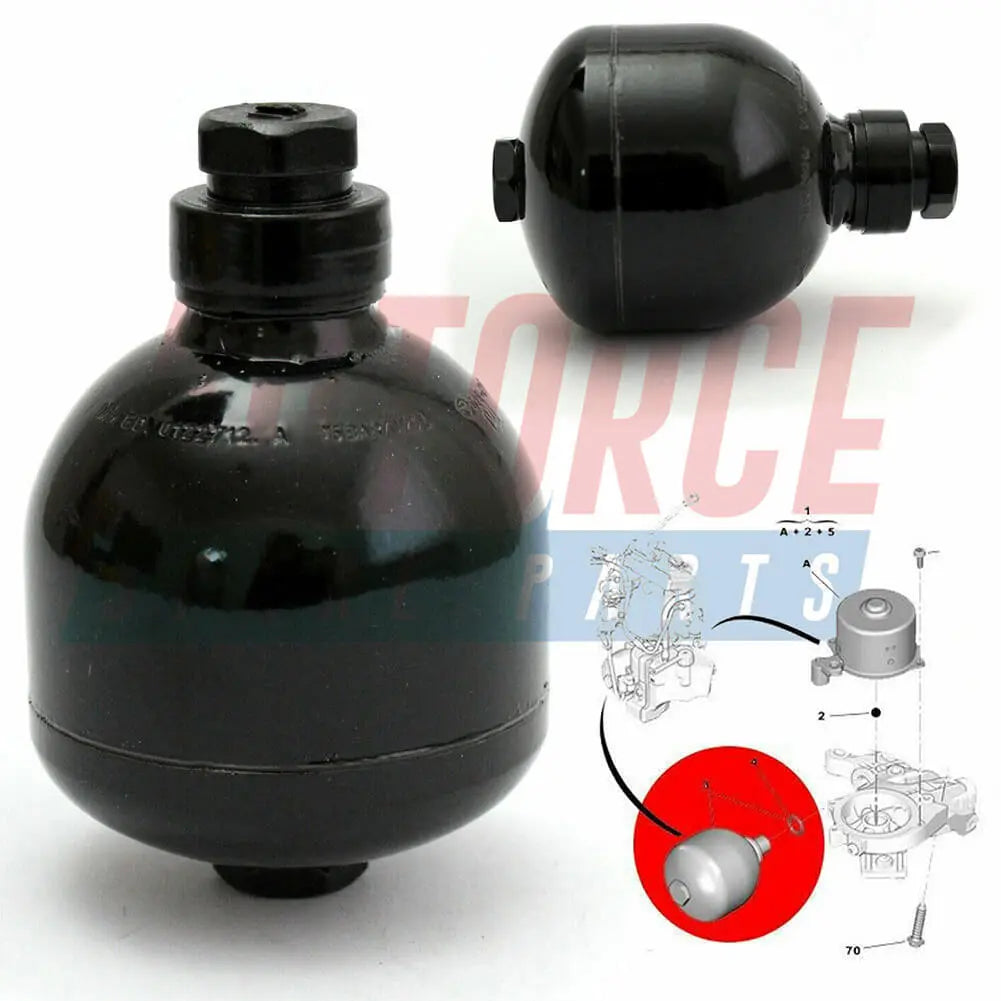
Actuator Oil Reservoir Accumulator For FIAT 500L Bravo Ducato Fiorino Grande Punto - 71747998
Sale price£159.00
No reviews
Sold outSave £30.90
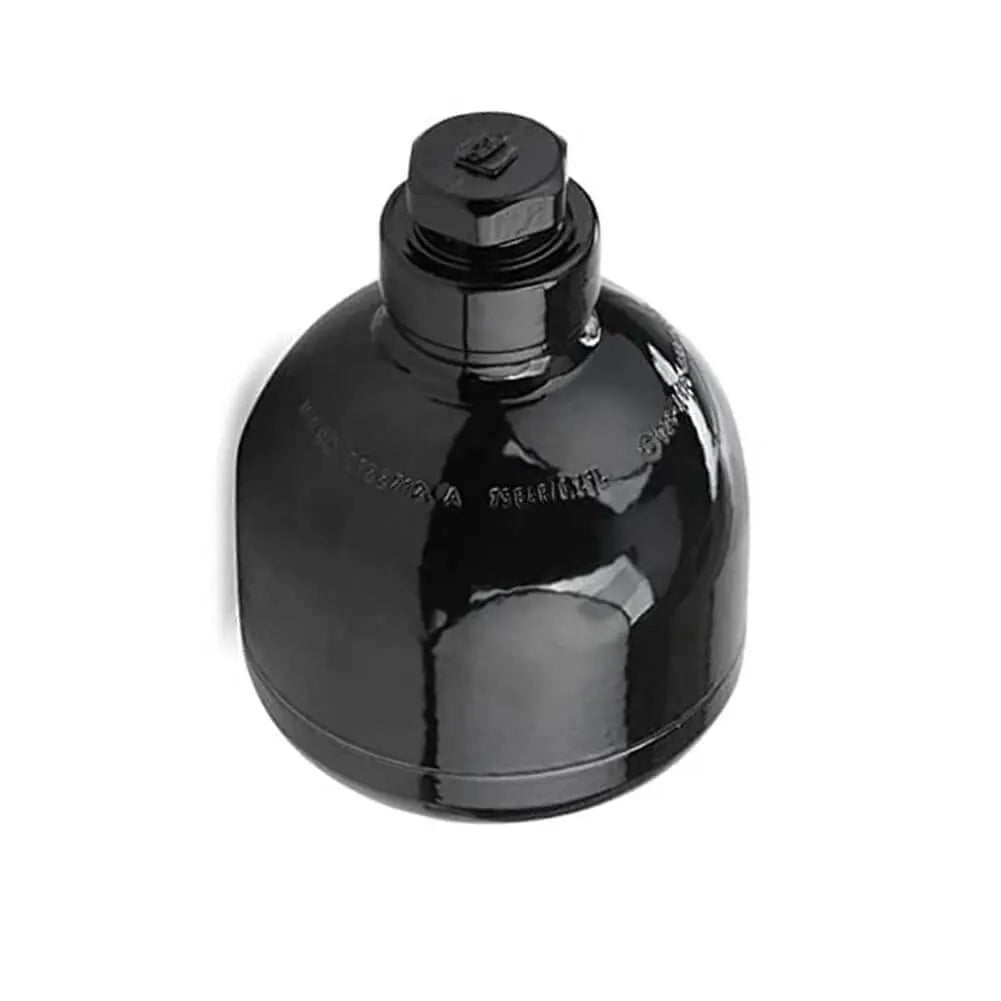
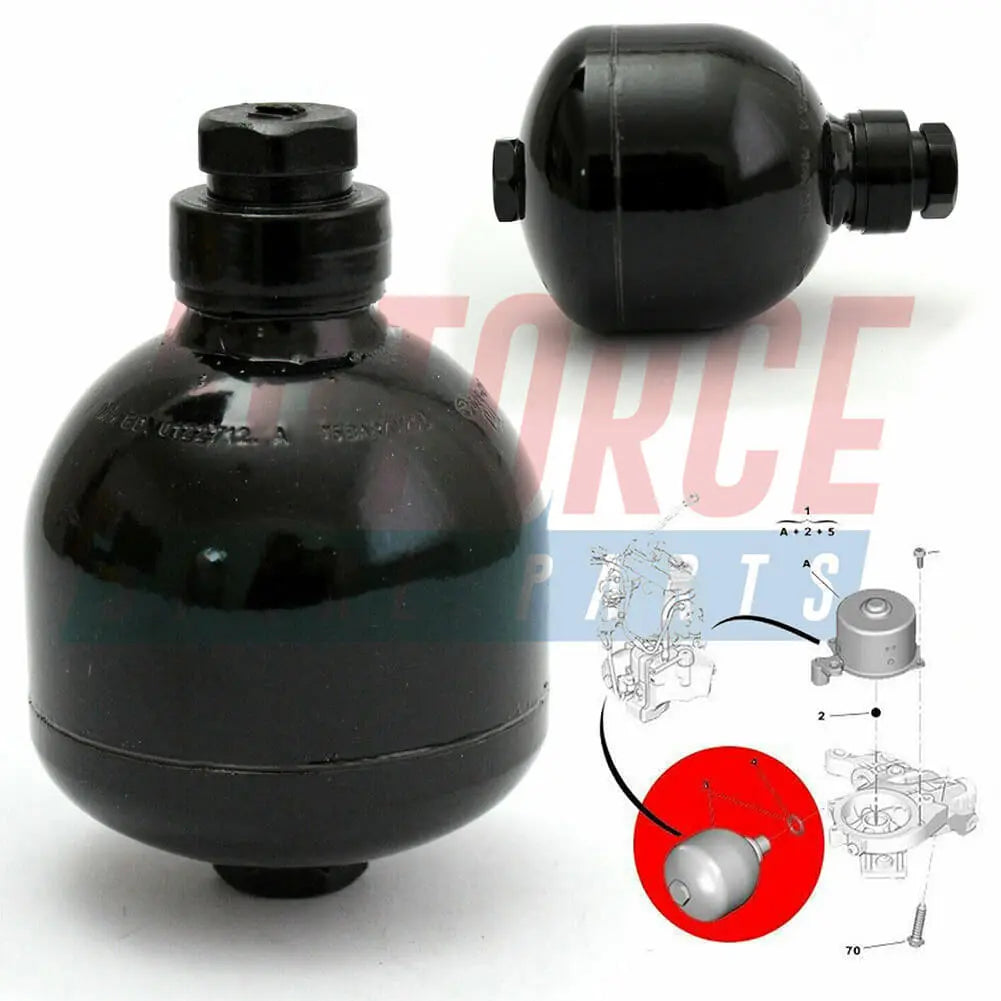
Actuator Oil Reservoir Accumulator For CITROEN Berlingo C4 C5 DS4 - 2461F2, 71747998
Sale price£159.00
Regular price£189.90
No reviews
Sold out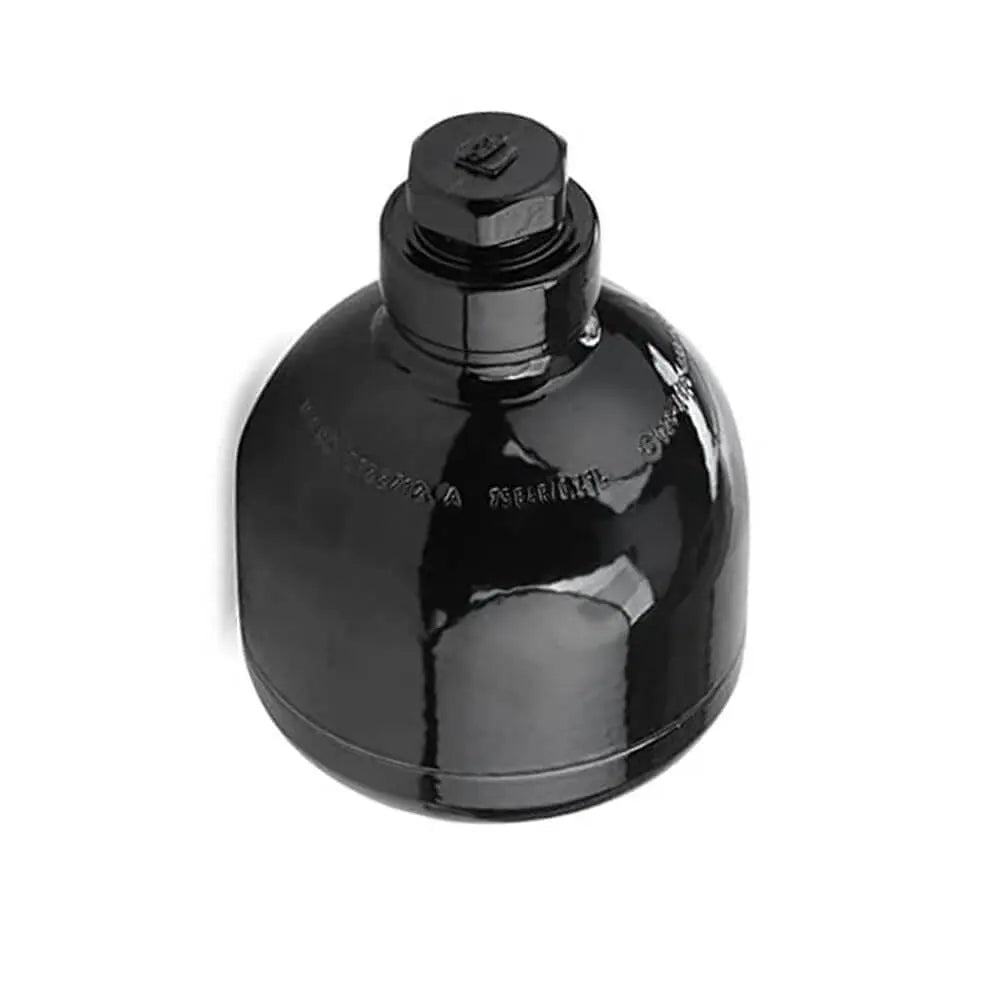
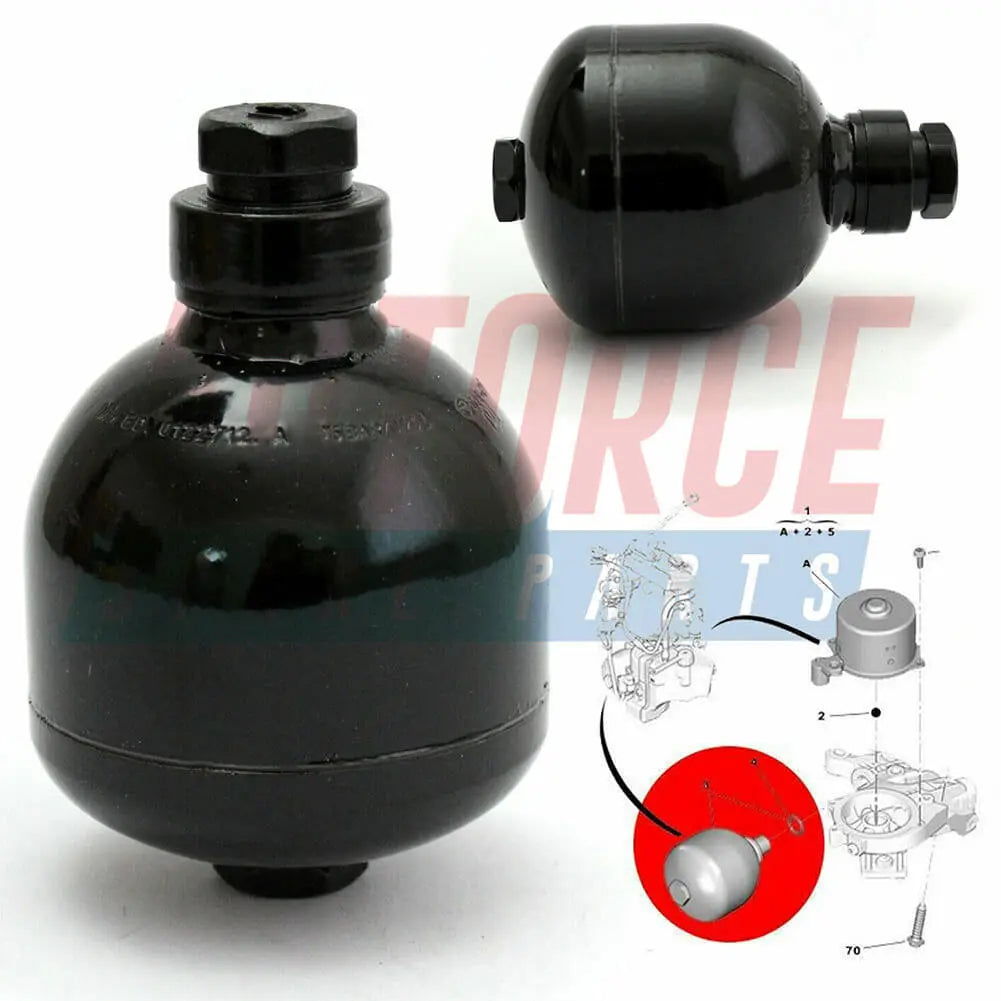
Actuator Oil Reservoir Accumulator For ALFA ROMEO 159 Brera Spider - 71747998, 2461F2
Sale price£159.00
No reviews
Sold out
Filters (0)

